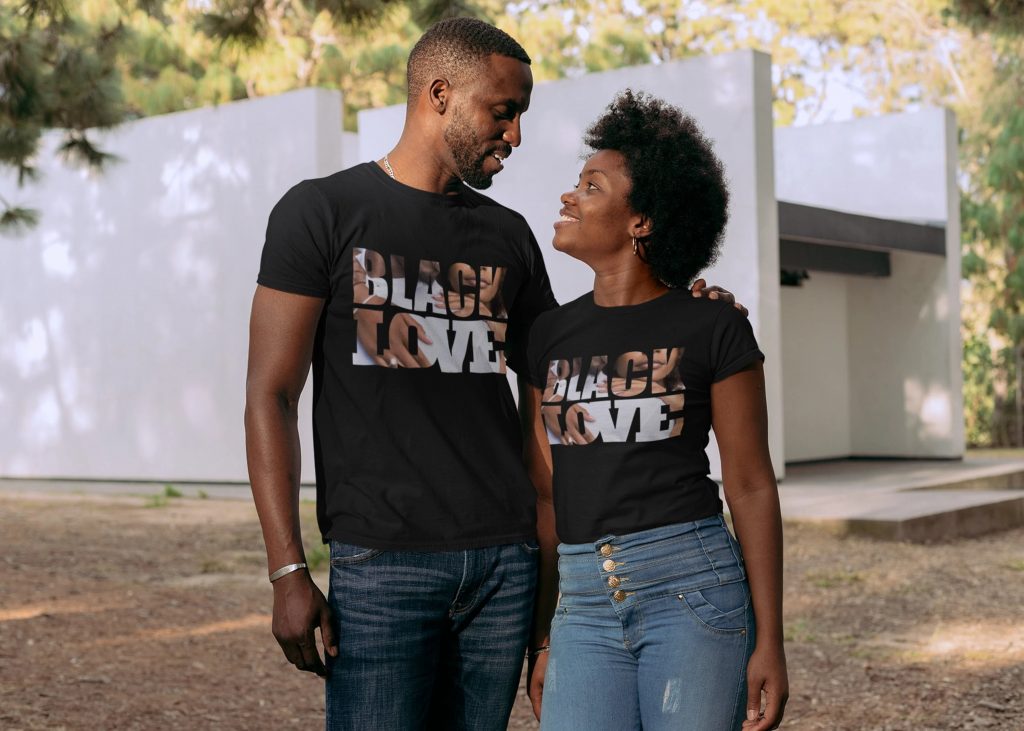
Love is often thought of as a feeling or emotion, but recent scientific research suggests that it may also be a chemical reaction in the brain.
Studies have shown that when we are in love, our brains release a cocktail of chemicals, including dopamine, oxytocin, and vasopressin. Dopamine, often referred to as the “feel-good” chemical, is associated with pleasure and reward. Oxytocin, known as the “cuddle hormone,” is linked to social bonding and trust. Vasopressin is involved in pair bonding and attachment.
These chemicals work together to create feelings of euphoria, attachment, and a desire to be close to the person we love.
They also play a role in the formation of long-term relationships, as they help to create feelings of trust and commitment.
However, it is important to note that while these chemicals may play a role in the initial stages of love, they are not the only factors involved in maintaining a healthy and happy relationship. Communication, compromise, and mutual respect are also crucial components of a successful relationship.

Additionally, it is also worth mentioning that love can look different for different people and in different situations. Love can be romantic, platonic, self-love, familial, etc. and the chemical reactions that happen in the brain can vary depending on the type of love.
In conclusion, while love may seem like an intangible emotion, the latest research suggests that it is also a chemical reaction in the brain. Understanding the role of these chemicals can help us to better understand the science of love and how it affects our relationships
Author-Ahanta Bred




